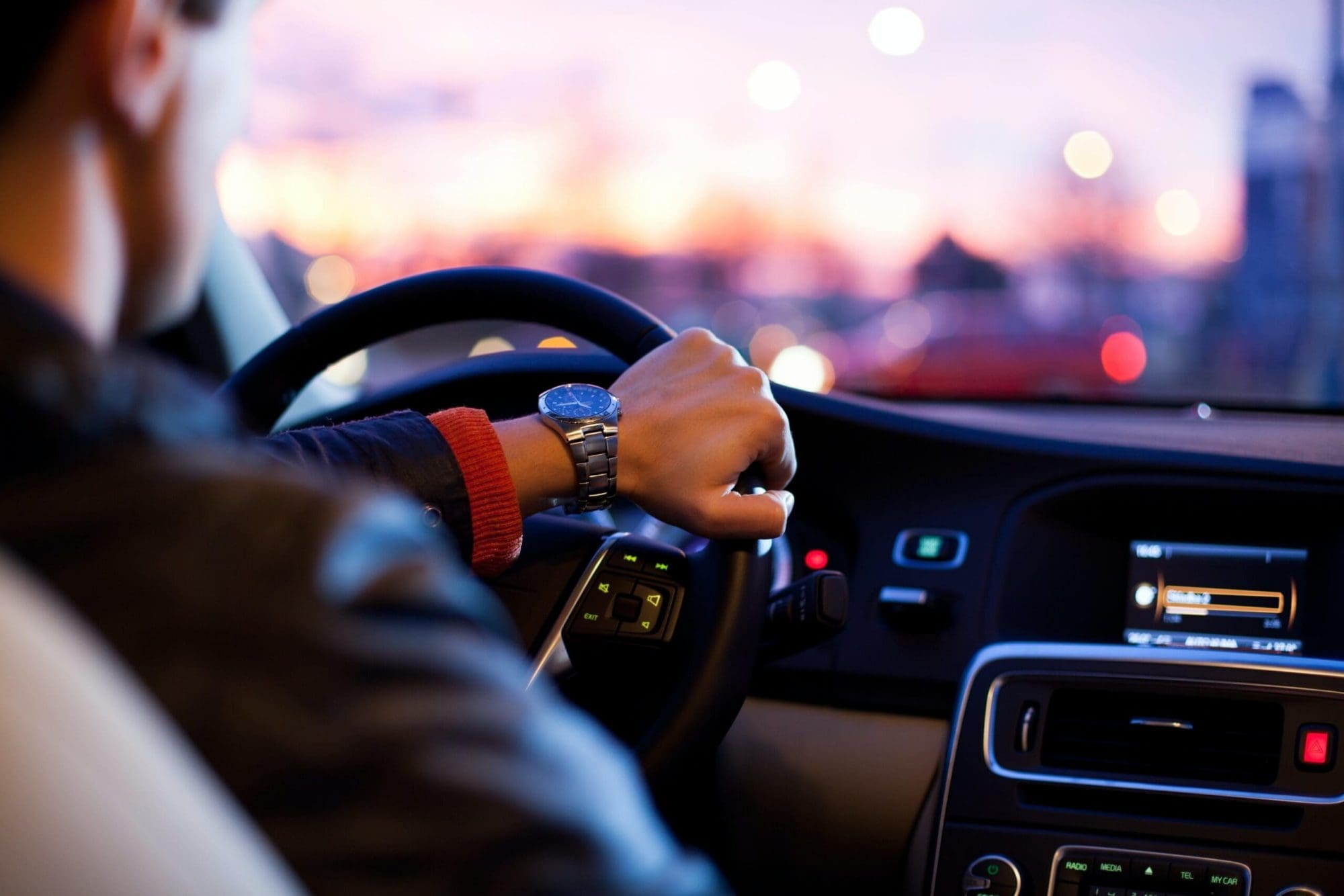The New Zealand government adopted legislation in 2017 to build a medicinal cannabis business and make cannabis products more accessible to individuals in need. This change made legal access to medical cannabis more popular in New Zealand, with roughly 17,000 people using legal medicinal cannabis products in 2020, nearly 10 times the number in 2018. However, one critical concern remains: Can you drive while using medical cannabis?
Types of Medicinal Cannabis Products
It’s important to consult with your doctor about how a medicinal cannabis product can influence your driving, as each product includes varying levels of the plant’s active components, which have varied effects on the mind and body.
Tetrahydrocannabinol (THC) and Cannabidiol (CBD) are the two most significant cannabinoids to consider. THC is responsible for cannabis’ intoxicating effects, but CBD is not. Both of these substances interact with our body’s Endocannabinoid System.
Is It Safe to Drive on CBD?
CBD is a non-psychoactive cannabis component that does not induce impairment or a “high” feeling. According to a 2020 Dutch study, ingesting CBD-dominant cannabis does not impair thinking or driving skills. Full Spectrum CBD, Broad Spectrum CBD, and CBD Isolate products are accessible on prescription in New Zealand. CBD-dominant products are unlikely to test positive for impairment in roadside drug tests. The government has also indicated that anyone caught driving under the influence of drugs will be supplied with medical defences. CBD isolate and broad-spectrum CBD are both safe for driving and will not cause impairment or be identified in roadside drug tests.
Is It Safe to Drive with THC?
THC is the primary ingredient responsible for the high sensation associated with recreational cannabis, but scientists have discovered that it also has numerous therapeutic benefits. THC-containing medicinal cannabis products can cause dizziness, confusion, coordination issues and decreased reaction times.
It will be detected in a roadside drug test and may surpass the impairment threshold, resulting in infringement letters, fines, and possibly incarceration for repeat offenders. According to a 2019 Australian study, both THC-dominant strains and strains with equal concentrations of CBD and THC impairs driving. It’s impossible to say how much THC is needed to cause intoxication. THC’s effects might last for hours.
To summarise, driving while using medicinal cannabis necessitates cautious thought and communication with your doctor. CBD-based products, particularly full-spectrum CBD, are unlikely to impair your driving or show up in drug tests on the road. THC-based drugs, on the other hand, can impair your driving ability, therefore it’s critical to see your doctor about the precise cannabis-based medicine you’re taking. The New Zealand government has established a medical defence for anyone caught driving while under the influence of drugs prescribed by a doctor, but it is still necessary to be cautious and responsible.
Book a consultation with a medical cannabis professional if you have any concerns or questions regarding driving while using medicinal cannabis.








